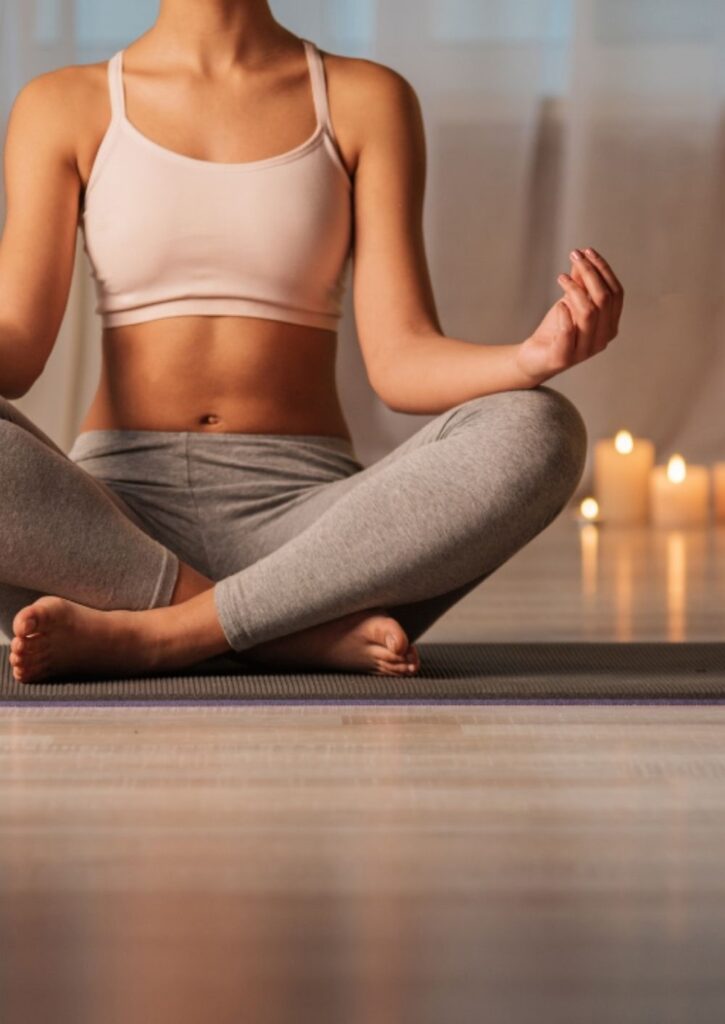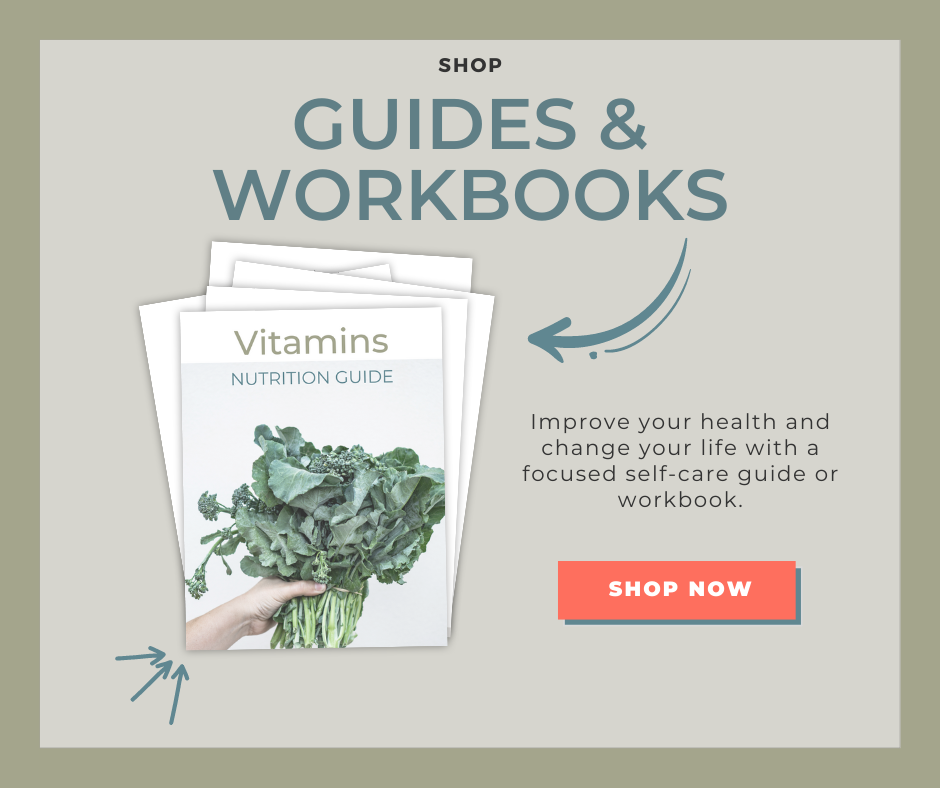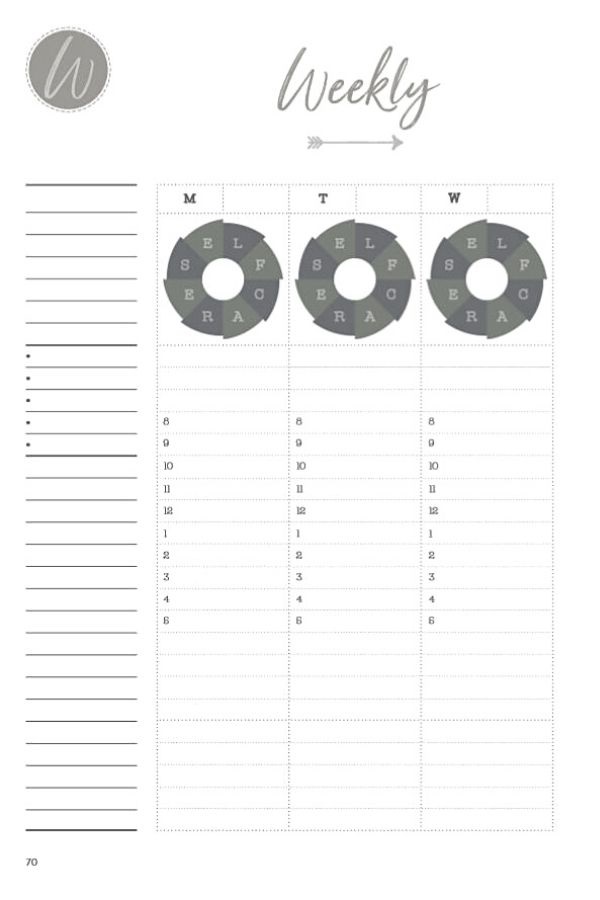What do you do on a daily basis to support your well-being? Do you prepare healthy meals? Go to the gym? Meditate? Drink plenty of water? Daily self-care rituals help you stay focused on your health goals. In this article, you’ll learn how to create daily self-care rituals that support your greatest health needs.

LivingUpp is a participant in affiliate programs, which means we may earn a small commission from qualifying purchases on links to Amazon and other sites at no additional cost to you.
What Are Daily Self-Care Rituals?
Daily self-care rituals are activities or routines that you do regularly to support your health.
Rituals may or may not be spiritual in nature, but what they do have in common is that they have a positive impact on your well-being. Simply put, self-care rituals are healthy habits.
Self-care rituals are the things you do on a consistent basis—daily, monthly, quarterly, and annually—to create an easier, healthier lifestyle. Ideally, these rituals bring you closer to your vision: the things you want to be, do, have and feel.
Daily rituals can be broken down in a number of ways, but the easiest way is to divide them into batches throughout the day.
Morning Self-Care Rituals
Morning rituals are the activities you do at the beginning of the day. These habits can be especially helpful if you tend to feel scattered, disorganized, or distracted a lot. Morning rituals reconnect you with your goals, so they are at the forefront of your mind all day long.
When you begin your day with self-care, you’ll feel more grounded, and that helps you stay focused on the most important things you need to do throughout the day.
I’m an early riser so I love, love, love (did I mention love?) the wee early hours of the morning. It’s quiet. There are fewer distractions. And my mind isn’t yet churning with all the things I need to get done before the sun goes down.
In the quiet of the morning, my brain is more creative, and I make better decisions. My morning rituals usually include:
- Meditating
- Journaling
- Reading (I’m currently studying A Course in Miracles)
- Yoga
- Completing the rate your 8 daily assessment in my Lifestyle Design Planner
It’s important to note that morning rituals aren’t for everyone. If you tend to do your best thinking and creating at night, you might save the more mindful rituals for the evening time.
Either way, you’ll likely need to do some experimenting to find what works best for you. The Lifestyle Design Planner helps you organize and integrate your goals and self-care plan seamlessly.
Mid-Day Self-Care Rituals
Mid-day self-care rituals offer a boost of creative energy when you need it most, especially if you often feel sluggish in the afternoon.
Some popular mid-day rituals include:
- Eating a healthy snack or lunch
- Going for a walk
- Taking a nap
- Meditating
- Practicing deep breathing
Evening Self-Care Rituals
Evening self-care rituals help you unwind from your busy day. They help you ease into a more restful state, so you can get better sleep.
Depending on how active your life is, evenings may either be low-key or chaotic. If you have kids who play sports, or are involved in after-school activities, just getting dinner on the table might feel like a self-care accomplishment. Know your capacity and know your needs.
Relaxing evening self-care rituals include:
- Soaking in the tub
- Aromatherapy
- Stretching
- Reading
- Journaling
- Practicing gratitude
11 Easy Self-Care Rituals
Whether you’re still in the beginning stages of creating daily rituals, or need to spruce up an existing routine, here are 11 self-care activities that can easily become daily rituals:
1. Meditation or Prayer
There are a number of different ways to meditate, from sitting in silence to listening to a guided meditation. Some forms of meditation involve physical movement, like walking and stretching. Guided meditations are great for beginners, and most can be completed in under 30 minutes. Danielle LaPorte’s guided meditation called Creation Space is one of my favorites.
2. Rate Your 8 Self-Assessment
The Rate Your 8 self-assessment is a proprietary tool that helps you identify and prioritize your needs on a daily basis. Taking inventory of your needs also helps you identify trends—those areas of your life that you may have been neglecting or putting off. Choosing daily rituals that specifically support the areas you’ve rated lowest can dramatically improve your well-being.
3. Planning
To manage your time more efficiently, planning is essential. Making arrangements ahead of time for dinner, child care, or other important tasks can make your life much easier—and less stressful. Planning doesn’t have to take a lot of time either. Once you establish a rhythm, it gets much faster. Need some help with planning? Grab a copy of The Lifestyle Design Planner.
4. Yoga
Yoga combines mindfulness with body movement, and helps create balance and alignment, both mentally and physically. One of my clients introduced me to Yoga with Adriene, and it’s been a great addition to my morning ritual. (Plus, it’s free if you do it at home!)
5. Walking
Walking is a simple way to clear your mind and loosen up tense muscles, which can be particularly helpful if you sit behind a keyboard for most of the day. Walking doesn’t require any special equipment, and it’s practical for most fitness levels.
6. Journaling
Journaling techniques include freestyle writing (a creative process that involves writing about whatever is at the top of your mind) or using writing prompts (questions or suggestions to help guide you through the process). Choose whatever feels right for you. My favorite journals are from the Rifle Paper Company. They’re super slim and fit nicely inside my The Lifestyle Design Planner.
7. Deep breathing
Deep breathing exercises have been shown to increase oxygen flow to your brain, stabilize blood pressure, and reduce anxiety. If you experience anxiety or are regularly exposed to high levels of stress, try some different breathing techniques.
8. Stretching
Stretching is a relaxing ritual that helps work out the tension from busy workday. Keep a foam roller or yoga mat handy, or set an alarm as a reminder to stretch.
9. Healthy Eating
Healthy eating is an essential self-care practice that can be weaved in throughout the day. Pack a nourishing lunch, keep healthy snacks on hand, and plan healthy dinner menus ahead of time. Pay attention to your hunger levels. And if releasing excess weight is one of your goals, dining in more can make a big difference.
10. Gratitude
Many journals are geared toward developing a gratitude practice—creating lists of things you’re grateful for. While it might not seem like a big deal, it is. Focusing on what’s going well in your life (rather than what isn’t) changes your mood, your ability to deal with stress, and your effectiveness with achieving your goals.
11. Soaking
A warm bath or shower can help you unwind after a busy day. Whether you choose a hot tub, a bath, or a long shower, soaking can help soothe tight muscles and help you relax before bed. As a bonus, consider adding an aromatic shower tab, bath bomb, or essential oils to take your relaxation up a notch. P.S. essential oils can also be applied to your pillow to help you drift off to sleep.
Creating Daily Self-Care Rituals
Creating daily self-care rituals is a simple way to take good care of yourself consistently.
To get started creating your own daily rituals, make a list of all the self-care activities you feel naturally drawn to. If you need help coming up with ideas, The Lifestyle Design Planner has a list of over 300 self-care activities..
Then, start experimenting with different self-care activities to see how you feel. Try new strategies regularly until you find the combination that feels good and best supports you.
And don’t forget to adjust your rituals now and then. Doing the same thing day after day can get boring over time, so if you’re finding that you no longer look forward to your rituals, it might be time for a redesign.

Information on this website should not be interpreted as providing or replacing medical advice, diagnosis, or treatment. All content is intended for adults over the age of 18. LivingUpp is a participant in affiliate programs, which means we may earn a small commission from qualifying purchases on links to Amazon and other sites at no additional cost to you.

